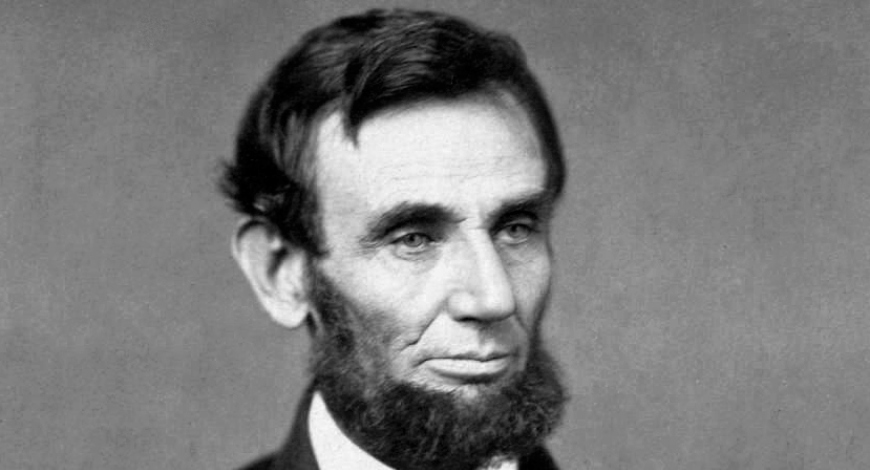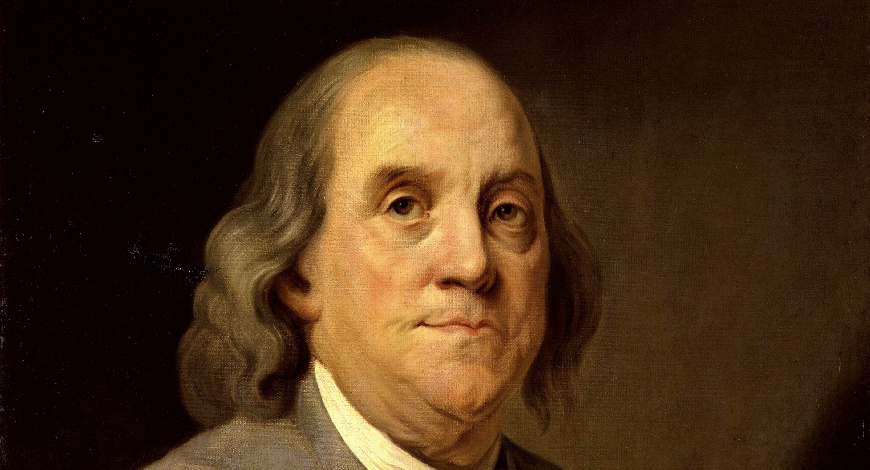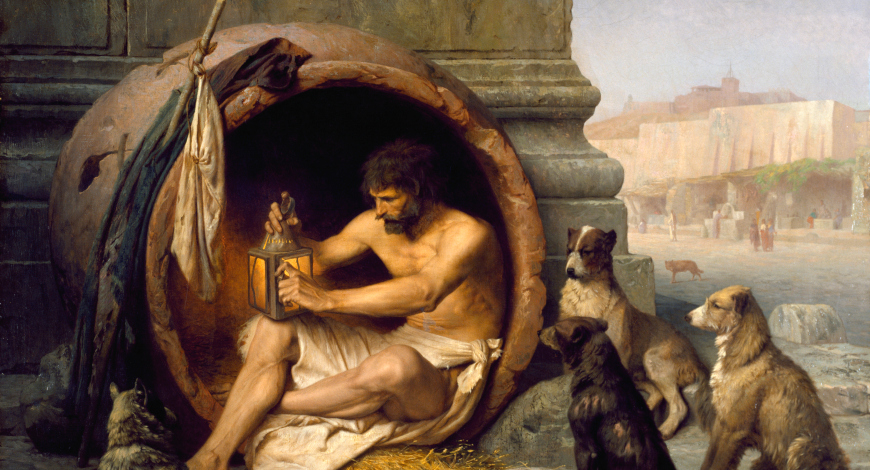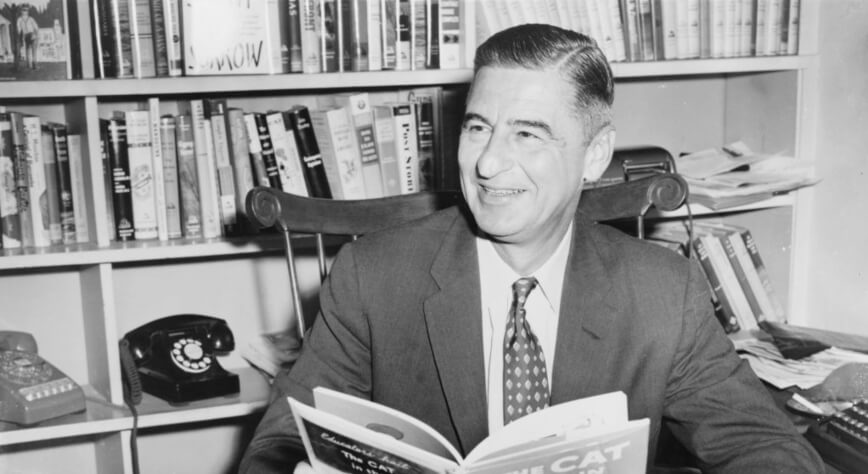Freedom is a concept near and dear to the hearts of kids. Freedom means they can do what they want, when they want. But there are limits to freedom placed on children by parents, schools and society. When kids confront these limits they must decide whether or not to disobey the rules or conform to them. This is an inescapable ethical dilemma that stays with them for the rest of their lives.
Students confront problems everyday. Some are small like how to study for an exam or get a ride to school, and some large like how to support their friends who are in unhealthy relationships. All of these problems involve the choice of whether to intervene or do nothing and let the situation play itself out. Each choice is hard and leads to consequences.
School is often the first place where students occupy positions of authority where they are able to direct the efforts of others. Being a good leader and having influence are highly valued. The challenge is figuring out the best way to do it. Some think it’s all about having power and expecting others to obey it. Others lead by moral example. Leadership lessons cultivated at young ages carry into adulthood and form the basis for how to treat other people.
Whether at home, in the classroom or in society, everywhere a student goes there are rules. The effectiveness of these rules depends on people’s willingness to obey them. But students like to question the rules, especially when they feel the rules to be unjust or intrude on their happiness in some way. Students must engage in hard intellectual work in deciding when to follow rules and what criteria to use to determine fairness.
Students are told to follow the path of empathy and forgive those who do them wrong. This mandate is relatively easy to follow when their friends slip up and do something bad to them. Forgiveness in these cases often results in stronger friendships. But they are hurt by their enemies as well and must decide whether or not forgiveness is really worth it with them. This is a vexing ethical dilemma for which there are no easy answers.
Life throws unexpected events at us which take us by surprise. When crisis happens, we feel out of control. We are left to react in the best ways we can to protect ourselves and improve our situations, but we often feel like our actions don’t matter in the face of an indifferent world.
Money, influence, friends and good grades– students think that more is better. The whole idea of cutting back on desire isn’t very attractive. Yet, we can’t have it all and so now and throughout life, students must make smart choices on what they want and how much.
Responsibility is a scary word for students. It means that they should take ownership over their own thoughts and actions and not blame others for what happens. Sometimes, other people’s actions impact their lives and force them to consider what they should or should not do. Feelings of responsibility strike at the heart of ethical decision-making.
Students have very strong opinions about when to talk and when to remain silent. Sometimes, students speak out of nervousness. Other times, students speak because they have something they have to say to the world. Then there are other students who are shy and never want to talk, or who remain silent because they are afraid to look foolish.
Some students are dreamers who live comfortably thinking about a world not yet created. Then there are the ‘down to earth’ students who find comfort in facts. Often, these two groups clash during group projects when there’s a need for a clear vision of an end goal but then also a clear, step-by-step plan to get it done.
Mark Twain famously quipped that death and taxes are the only things certain in life. We can probably add failure to that short list. Of all themes, failure is one to which students can relate most. There’s failure at home, at school and in the workplace. It is a constant. Students are taught to develop a growth mindset and learn from failure.
If there is one thing that’s hard to rely on when dealing with students, it’s impulse control. Students are at different levels of emotional maturity. Some are extremely cautious and tactful in the way that they deal with peers and adults. Others are born risk takers who want to “show off” their fearlessness and gather followers who want to be like them.












